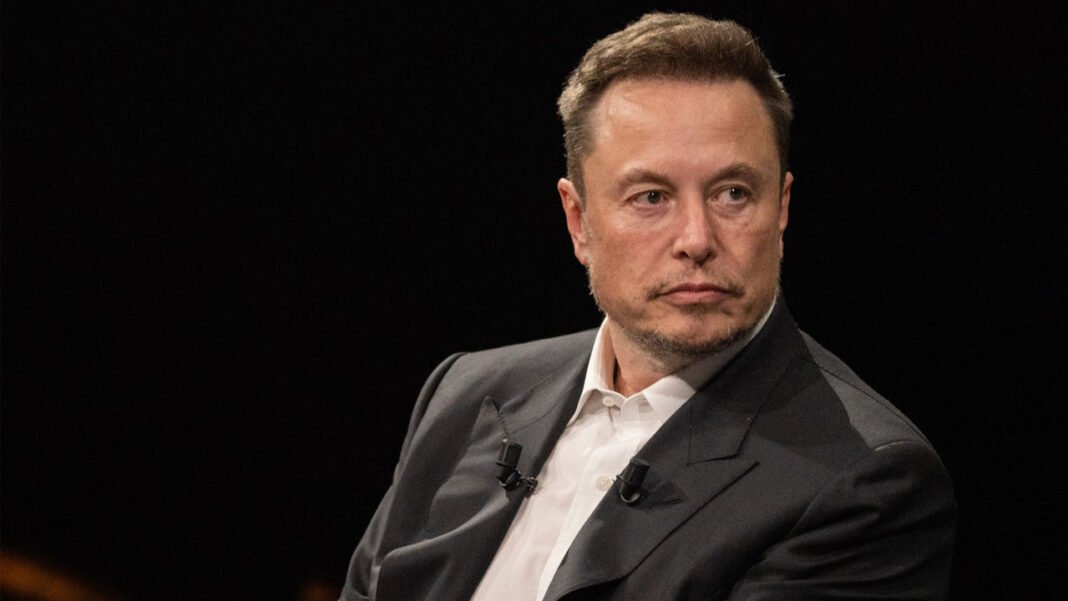Elon Musk recently took to his social media platform, X (formerly Twitter), to voice his concerns over the mandatory requirement for Microsoft accounts during the setup of Windows PCs. Musk’s candid critique prompted a direct outreach to Microsoft CEO Satya Nadella, advocating for user autonomy and flexibility in account creation processes.
Musk’s discomfort with the mandatory Microsoft account setup came to light when he shared his interaction with Nadella on X, following a suggestion from a user to seek technical support from the Microsoft CEO. In his communication with Nadella, Musk underscored the importance of providing users with the option to bypass the mandatory account setup when configuring a new Windows PC.
The tech titan’s stance struck a chord with many, resonating with those who value privacy and independence in their digital interactions. Musk’s call for greater user choice in account creation processes highlighted broader discussions surrounding data privacy and user control in the tech industry.
However, Musk’s subsequent revelation that he was able to access his Windows laptop without creating a Microsoft account raised questions about whether Microsoft had adjusted its account setup procedures in response to his feedback or if Musk had discovered a workaround. This disclosure fueled speculation and further intensified the debate on the topic.
The discourse surrounding mandatory Microsoft accounts underscores the tension between convenience and privacy in the digital realm. While some users appreciate the seamless integration and additional features offered by Microsoft accounts, others advocate for preserving individual autonomy and data privacy by allowing users to opt out of account creation.
As technology continues to advance, it becomes increasingly important for tech companies to listen to user feedback and adapt their policies accordingly. Musk’s public critique serves as a reminder of the power of consumer advocacy in shaping the trajectory of technological innovation.































